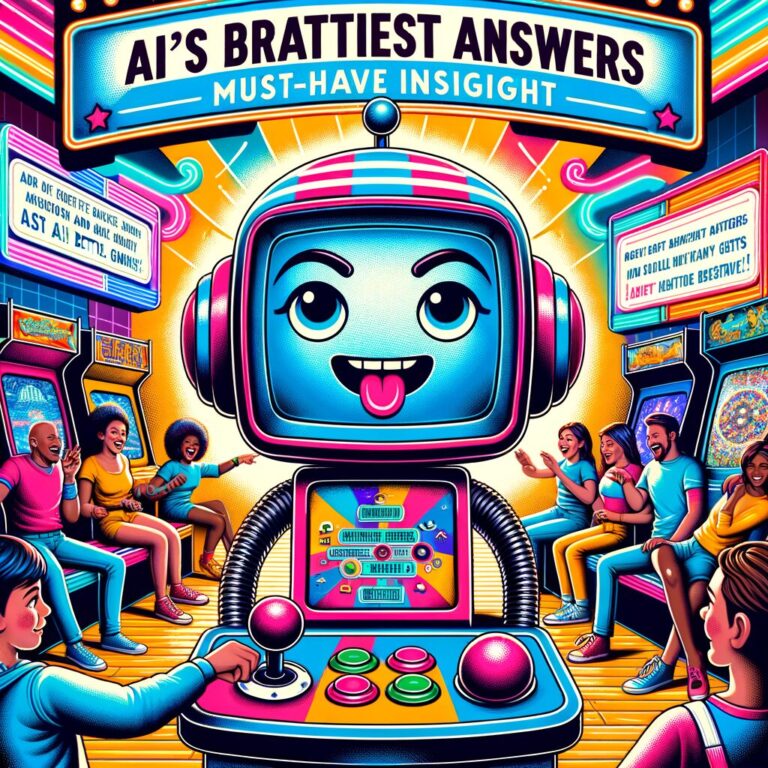The revolutionary triumph of artificial intelligence (AI) in defeating human champions on the popular quiz show Jeopardy! marked a pivotal moment in the history of technology and human-machine competition. In the realm of cognitive computing, the abilities of AI systems to process natural language, decipher complex clues, and provide accurate answers demonstrate remarkable advancements. This monumental achievement not only showcases the capabilities of AI but also raises profound questions about the future of artificial intelligence and its impact on various aspects of society.
The Rise of AI in Jeopardy!
Jeopardy!, a quiz show known for its challenging questions and rapid-fire answers, has long been considered a formidable test of human intelligence. However, in 2011, IBM’s Watson AI system challenged this notion by competing against two of the show’s most successful contestants, Ken Jennings and Brad Rutter. Watson’s victory in the competition highlighted the power of AI in processing vast amounts of information in real-time and formulating precise responses within seconds.
Understanding the Technology Behind Watson
Watson’s success on Jeopardy! was not merely a result of brute computing power but a testament to its sophisticated cognitive computing capabilities. Leveraging natural language processing, machine learning, and knowledge representation, Watson was designed to understand and analyze complex questions, sift through massive datasets, and generate accurate responses based on evidence and probability. This groundbreaking achievement showcased the potential of AI to tackle complex, unstructured problems in a human-like manner.
Implications for AI Advancements
The victory of Watson on Jeopardy! sparked a wave of excitement and speculation about the future applications of AI in various fields. The ability of cognitive computing systems like Watson to sift through vast volumes of data, extract relevant insights, and make decisions in real-time has significant implications for industries such as healthcare, finance, and cybersecurity. AI’s prowess in processing natural language and understanding context opens up new possibilities for enhancing customer service, automating tasks, and driving innovation across sectors.
Ethical Considerations and Challenges
While the rise of AI in solving complex challenges like Jeopardy! brings immense potential, it also raises ethical considerations and challenges. Questions regarding algorithmic bias, data privacy, and the impact of automation on employment need to be addressed as AI technologies continue to progress. Ensuring that AI systems are developed and deployed ethically and responsibly is crucial to harnessing the benefits of artificial intelligence while mitigating potential risks.
The Future of Human-AI Collaboration
The victory of Watson on Jeopardy! serves as a compelling example of the symbiotic relationship between humans and AI. Rather than viewing AI as a replacement for human intelligence, we should embrace it as a tool for augmenting human capabilities and unlocking new opportunities for collaboration. By combining the strengths of AI in processing data and deriving insights with human creativity, intuition, and ethical judgment, we can pave the way for a future where human-AI partnerships drive innovation and positive change.
In conclusion, the triumph of AI in conquering the ultimate challenge of Jeopardy! signifies a milestone in the evolution of artificial intelligence and its impact on society. This groundbreaking achievement not only showcases the capabilities of cognitive computing systems like Watson but also prompts us to explore the ethical implications, challenges, and opportunities that lie ahead in the era of human-AI collaboration. As we navigate the complex terrain of AI advancement, it becomes clear that the future holds immense potential for harnessing the power of artificial intelligence to drive progress and transform the way we live, work, and interact with technology.






